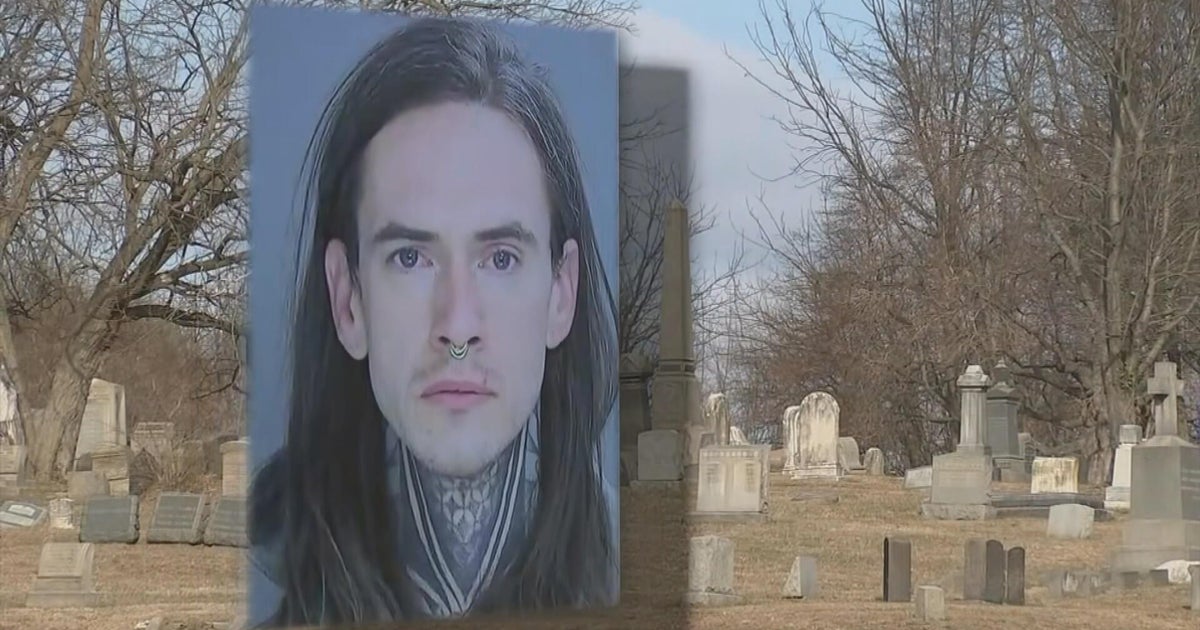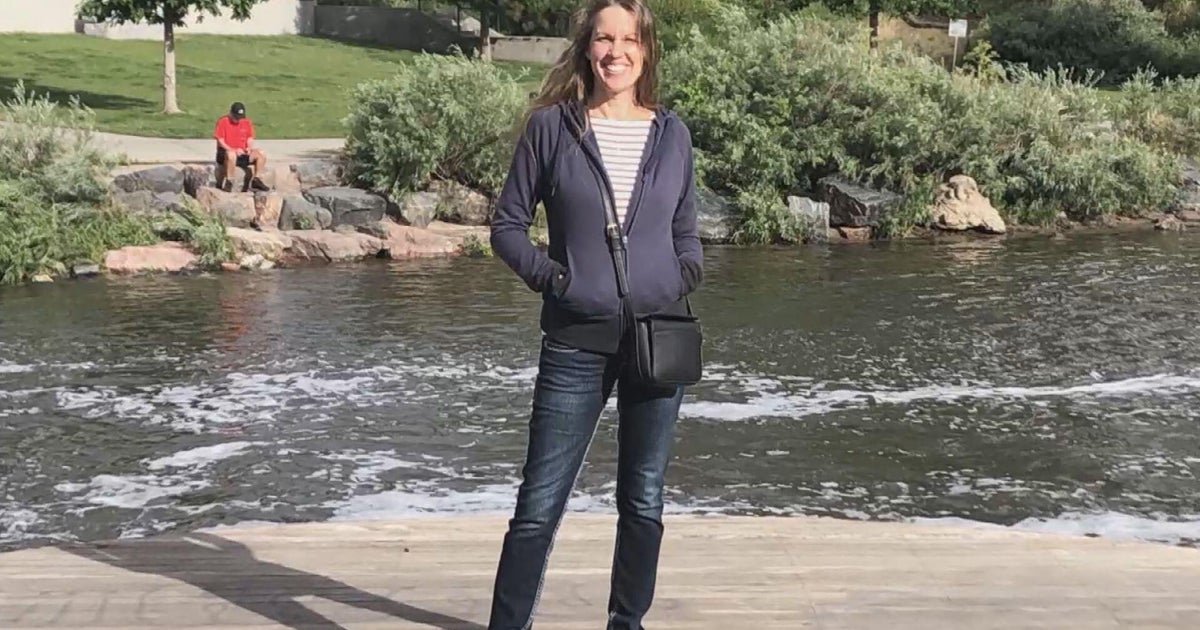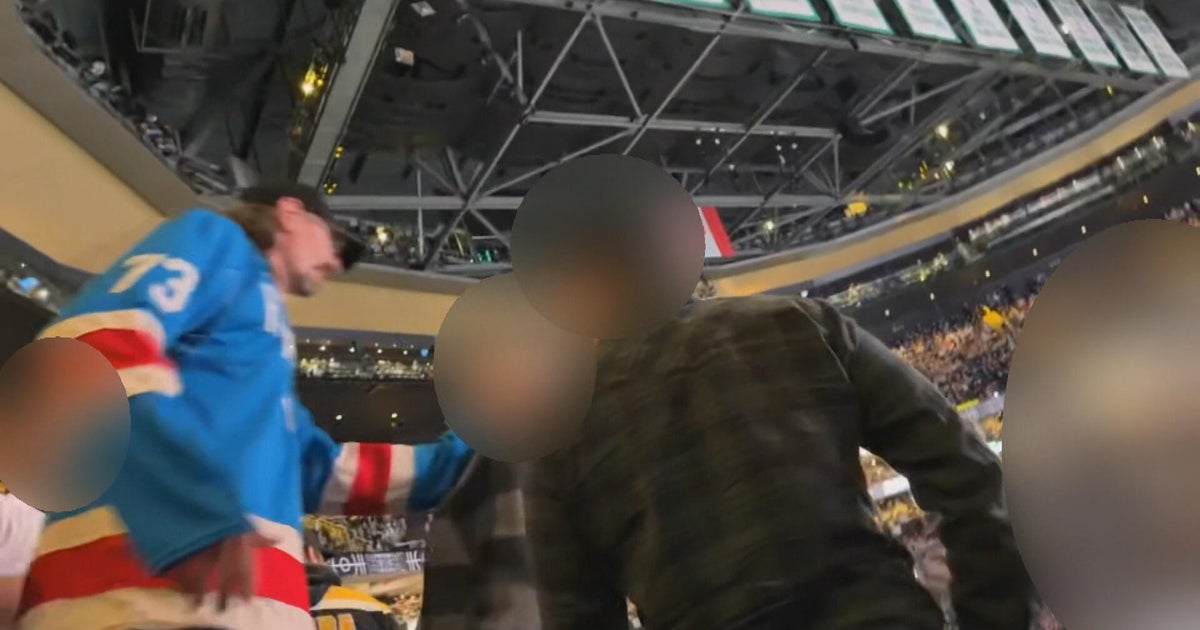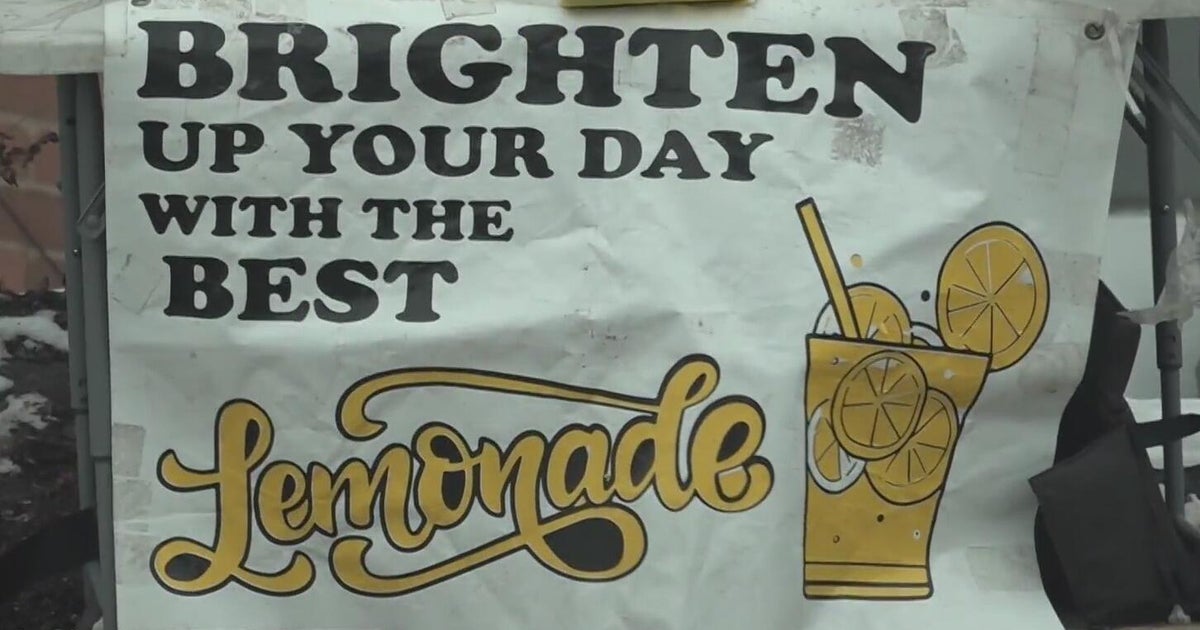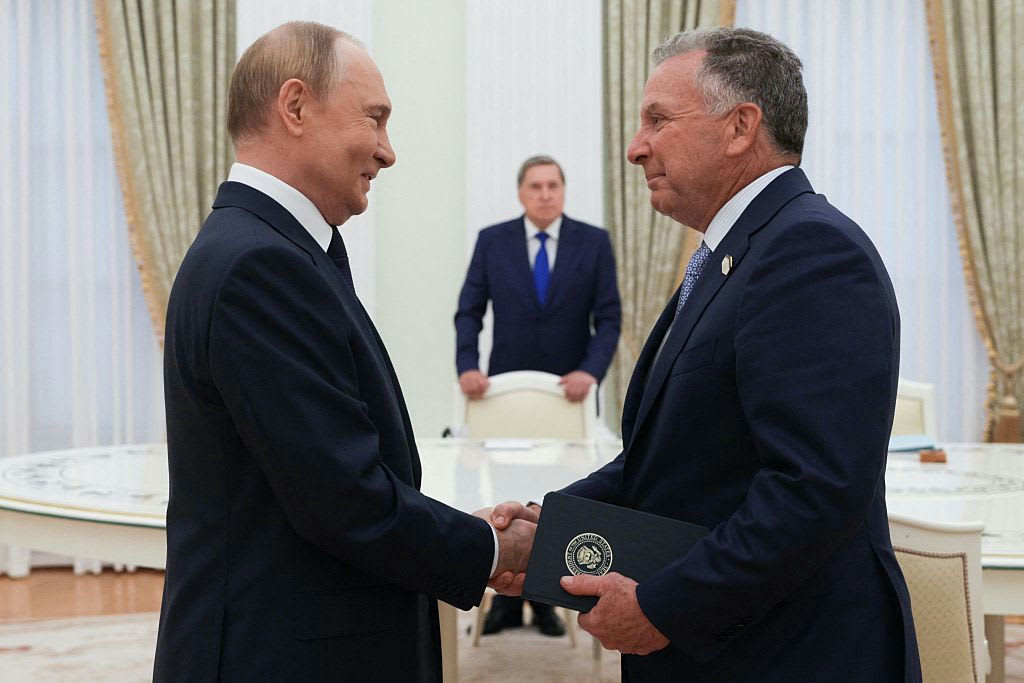The stories of the victims found in a mass grave in Bucha, Ukraine
This weekend, Russia continued its campaign of airstrikes against Ukrainian cities. But, on the battlefield, Russian troops fell back revealing new horrors of the occupation.
We first saw this in April, when Russia abandoned its assault on the capital, Kyiv. In a suburb called Bucha, we found a civilian massacre with a mass grave behind St. Andrew's Orthodox Church. The grave was filled with sand, humanity and mystery. We wondered; who was buried there? What lives had they lived? We promised ourselves, then, that we would return to tell the stories of the lost souls of Bucha.
At St. Andrew's Church, in the days before Orthodox Easter, 116 souls rose from the grave. The town of Bucha was excavating the trench to rebury each victim with respect and with their name. Photos of the dead were posted online, DNA was taken. And families grieved to learned the fate of the missing. Inside, St. Andrew's was illuminated by prayer and, last month, we asked some of the families to join us there to introduce us to the ones they loved.
"My father, Viktor, worked as a set designer for TV studios," Dmytro Kozyarevich told us. He identified his father and his mother, Nadiya, from photos of the dead.
Dmytro Kozyarevich (translation): She was very kind, and I feel her absence very much.
Scott Pelley: Viktor was 75. Nadiya was 65. They were in their apartment, minding their own business. And I wonder if you know how they died.
Dmytro Kozyarevich (translation): According to what our neighbors told us, there was a tank 120 [yards] away. Perhaps someone inside the tank just had the urge to shoot at something, so they chose this building. My mother died from the blast wave. My father died [crushed by] pieces of the brick wall.
Mr. and Mrs. Kozyarevich, married 43 years, were found, days later, in their apartment. Atrocities, like theirs, were what we saw in April—the senseless slaughter of civilians. Bucha, 20 miles from Kyiv, was a modern suburb of 37,000, with big box stores and apartment blocks. But over 27 days in March its people suffered a distinct kind of cruelty—the cruelty inflicted by soldiers facing defeat. 458 were killed--their forsaken bodies calling out to Serhii Kaplychnyi, the Bucha city official in charge of burials.
Serhii Kaplychnyi (translation): There were bodies just lying in the streets. We understood that they must be buried, but we didn't know how to go about it.
The Russians had left them where they fell--on the street, at their own homes. Serhii Kaplychnyi had to negotiate with the Russians for permission to gather them. We spoke with him and the men who worked with him, Serhii Matiuk and Vladyslav Minchenko.
Scott Pelley: I imagine that a mass grave was the last thing that you wanted. Why was it necessary?
Serhii Matiuk (translation): There was no more room in the morgue.
Serhii Kaplychnyi (translation): We were just placing bodies near the morgue because we had no idea what to do anymore.
Scott Pelley: Serhii, where were you finding bodies around town and what kind of condition were they in?
Serhii Kaplychnyi (translation): With a lot of the bodies, it was obvious it was the work of a sniper because they were shot in the head.
Serhii Matiuk (translation): Some were riding their bicycle, some were bringing firewood in their car, loaded in their car… remember, we picked up that man and woman? They had just loaded firewood into their car and were bringing it back to heat their home. They were shot.
Scott Pelley: Was it possible for you to determine how these people had been killed?
Vladyslav Minchenko (translation): Most often they shot people in the back. Those who were killed walking down the road – they were shot in the back. The [people] we gathered from the basements – they were all shot in the back. People were on their knees, blindfolded...
Serhii Matiuk (translation): The people who were tied up, they were tortured. They were shot… first in a leg or arm, and then the finishing shot was to the head.
The Russians were killing too many too fast. There was no electricity for refrigeration. A temporary mass grave was inevitable. Kaplychnyi's only choice in the matter was to dig it in the shadow of god.
Vladyslav Minchenko (translation): None of them deserved to die this way. God sees everything. Because of the way they died, their deaths…these people will never be forgotten. Their names, their faces. Let people remember and know that this was done by Russia. For what? For nothing.
Most of those killed for nothing were men, but there were also 86 women and 9 children. Some, hands tied, were executed.
Elena Rubailo's husband was discovered in the mass grave.
Elena Rubailo (translation): He laid in the street for a week and a half until they picked him up and brought him to the [mass grave] He'd been shot in the head.
Volodymyr Rubailo was 70. His body was found near a store where he shopped. But like nearly all of the bereaved, Elena has no idea why he was killed.
Elena Rubailo (translation): This year would have been our 50th wedding anniversary, but he didn't quite live to see it. We loved each other very much. We had two children, two girls.
Volodymyr, retired from a forest management company, stayed in Bucha to watch their home while Elena sheltered in her daughter's basement on the edge of town.
Elena Rubailo (translation): There were 21 people, [in the basement], 9 children and 12 adults. We took the neighbors into the basement too. One of our neighbors was shot [March] 4th. He walked out of his gate, and he was killed. And a little further up that same street, a son was driving to his parents' home. He was 10 [yards] away, him and his girlfriend and a friend, and they were all shot in their car. That poor mother, dragging her own son in the door and burying [all of] them in the garden. Just horrible.
Scott Pelley: What does Volodymyr's death tell us about this war?
Elena Rubailo (translation): This war is terrible. These aren't humans. Could humans really do this? Just come in and kill people... A person just walking down the street… How?? I don't know. This is a terrible war. I pray for our Ukraine every day--for our soldiers. My heart hurts every day when I hear and see this ruin, these rockets flying. So many children have died, so many women, young girls. My heart hurts. My heart really hurts.
In Bucha, heartache is part of being. Father Andriy Halavin, the priest of St. Andrew's, told us, "Since the occupation I've had to bury more than 200 people."
Scott Pelley: And you have buried people who have no name?
Father Andriy Halavin (translation): Out of the people whom I buried, 75 had not been identified.
Scott Pelley: How do you say a funeral mass for someone who has no name?
Father Andriy Halavin (translation): God knows each person's name. He does not distinguish people by whether they are living or dead. For him, everyone is alive. As Christians, we believe in resurrection after death. That's why for God, there is no difference.
Of all the bereaved who met us at St. Andrew's, none lost more than Oleksandr Chikmariov.
Oleksandr Chikmariov (translation): [They were] my happiness. [They were] my everything. I wish I could bring everything back.
Chikmariov and his wife, Rita, tried to flee the shelling of Bucha. In their car, with their sons, 9-year-old Matviy and 4-year-old Klym, they came across a Russian armored vehicle.
Oleksandr Chikmariov (translation): We stopped. Rita yelled for me to make a U-turn and drive back. I heard shots. I turned to the back seat, and Rita shouted ["I'm hit!"] Rita and my children were dead. I was in such shock; I didn't notice that my leg was only hanging on by a piece of skin. I didn't even feel the pain. I got down behind the car, and then the car burst into flames.
Oleksandr Chikmariov was rescued by firemen and watched his family burn. He wanted us to see his family so he led us, on his artificial leg, across the street from St. Andrew's. Their home happened to be next to the makeshift cemetery where his family was first laid to rest. Remembering lives like these, lost to the Russian invasion, is the reason we returned to Bucha.
Scott Pelley: What would you like the world to remember about them?
Oleksandr Chikmariov (translation): For the world to remember…well... So much joy. Such a thirst for life. Why did he have to die? For what? It doesn't make any sense. Why? It doesn't make sense, in any world, to kill them. Why? What was he killed for? How can I go on living? Just to keep crying, and keep breathing? What should I do? What else can I do? He's not here anymore, I cannot hug him, I cannot kiss him, I cannot do anything. They were the meaning of my life. How can I live with this? How? Just hold on and endure? To just endure, to fight everything inside of myself? What should I do next? I don't know how to live.
Scott Pelley: I am so very sorry.
Bucha is learning how to live again. In the fresh earth of the city cemetery, bodies from the mass grave have been laid to rest with dignity. But, about 50 remain unidentified. This marker reads, "here lies number 282," "remember forever." The city says it will work forever to replace each number with a name. The bereaved will know what lives were lost but never the reason why.
Produced by Maria Gavrilovic and Alex Ortiz. Broadcast associate, Michelle Karim. Edited by Michael Mongulla.







